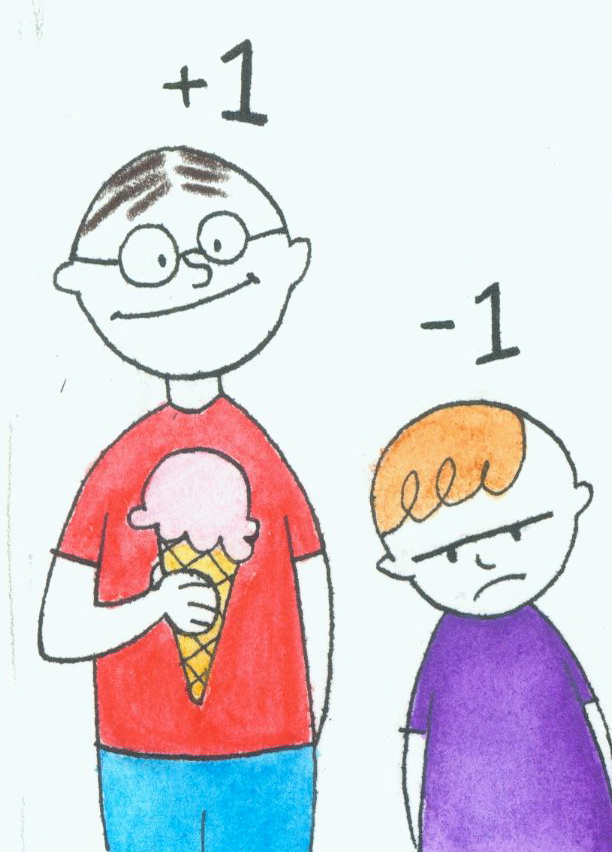the Jester
Legend
I favor misses with weapons being treated as actual misses-- so I voted "scrap it". But your poll options are pretty terrible here, in that they ascribe reasoning to the "like it" or "don't like it" answers. Many people might like the mechanic despite finding it unbelievable, while others might find the idea reasonable but still hate the mechanic. I'm pretty sure you're going to get weird results because people often don't vote for "my answer for the wrong reason" poll choices.
That said, I'm not of a strong mind either way on this one.
EDIT: No offense intended by my criticism- just trying to help dial in your methodology for next time.
That said, I'm not of a strong mind either way on this one.
EDIT: No offense intended by my criticism- just trying to help dial in your methodology for next time.



